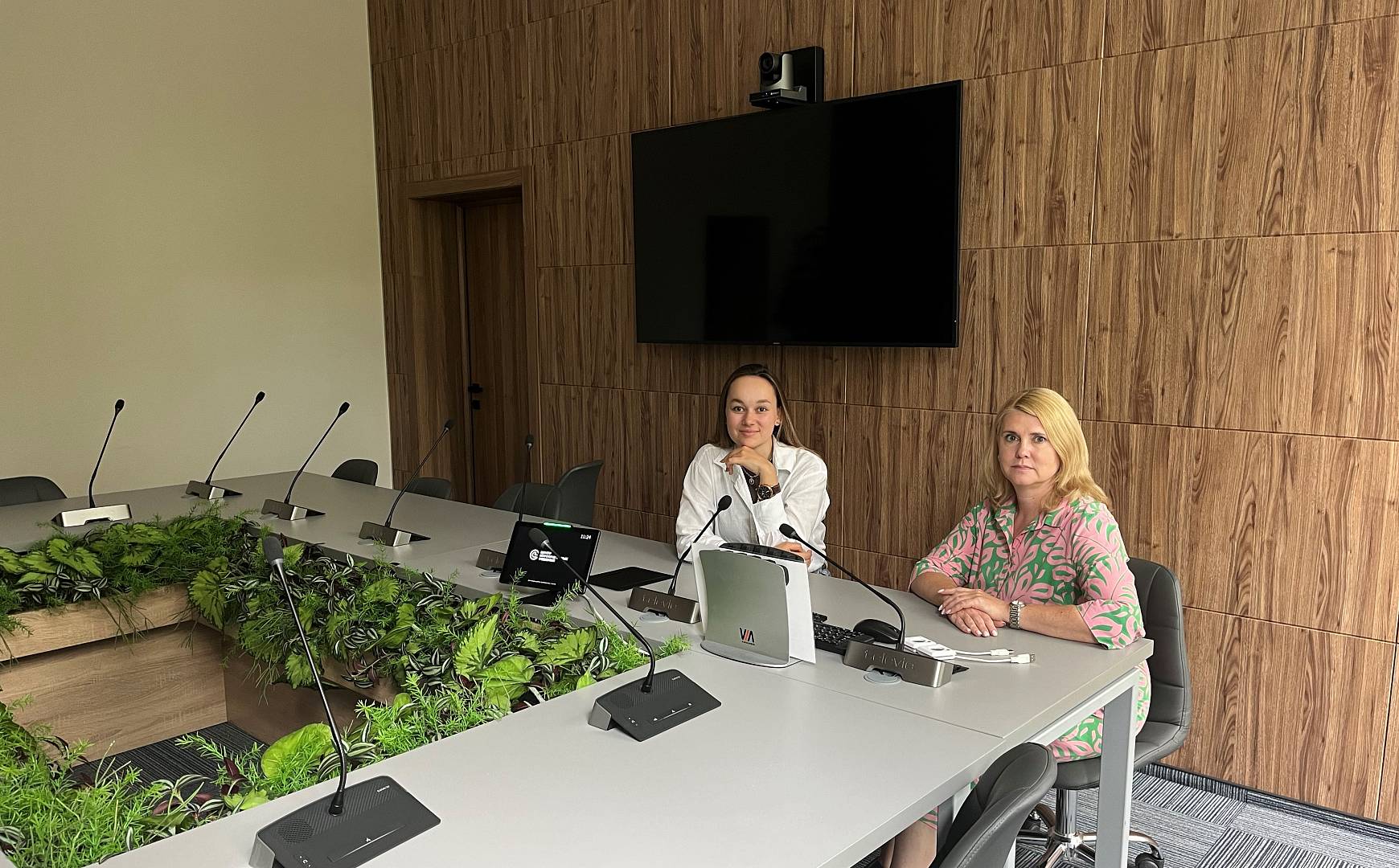

A machine-readable power of attorney is a trending topic still not fully understood by many, so we decided to ask our legal support experts. Complex things in simple words - an interview with Tatyana Astakhova, Head of Area, and Anastasia Bondarenko, Leading Specialist.
Tatyana, please tell us what MRPA is and why it became needed?
In principle, it is an electronic analogue of a regular paper power of attorney for signing documents electronically. A special xml file containing all the necessary information about the proxy giver, the proxy and his powers. The main purpose of a machine-readable power of attorney is to confirm that the holder is authorized to sign electronic documents on behalf of the organization.
The very concept of “MRPA” appeared as part of the electronic signature reform. This innovation was needed to increase security and bring everything to a “single denominator”. What does it mean? The MRPA has a special format and requirements for the content of this format. It helps the information systems and services through which we work to automatically read information from the power of attorney. Previously, the trusted person used an electronic signature key certificate of a legal entity (that is, it indicated the data of an individual + his affiliation with an organization). This method was also valid, but it did not always allow one to verify the authority of the representative. Alternatively, a duplicate of the CEO's signature private key could be used. That was completely unsafe. In order to unify the process and make it as secure as possible, the concept of a machine-readable power of attorney was introduced.
How difficult is it for such an innovation to “take root”?
Estimated start of mandatory use of MRPA was scheduled for September 2023, but the transition period was extended for another year. Because not all organizations, including us, were ready for this: we did not have our own systems, and the market did not offer us any relevant and understandable products. Even now, there are still a lot of gaps. Both from the side of legislation, government agencies and their systems, and from the side of business.
Colleagues, what was the project of transition to MRPA like at CSC?
Tatyana: I must say that the main goal we pursued when initiating the project was to comply with legal requirements. The second point was to get away from the paper. In terms of numbers, we, in the Company, have from 3 to 5 thousand paper powers of attorney. Imagine how much labour is it! The automated system significantly simplifies the process, reducing the cost of issuing a QES (qualified electronic signature). For example, an employee covered 10 companies, and he had 10 signatures. With the introduction of changes, an individual has a single, unique signature.
The project lasted almost a year, and despite its completion, there is still work to be done. By the end of 2023, we planned to have a full-fledged working tool, but it’s not that simple.
At the time when Russian legislation announced “moving away from paper”, CSC was deploying a project of a system of contractual documentation approval. A lot of intensive work was going on. In connection with the new requirements, it became clear that ignoring the legislation would not work and, what’s more, would bring negative consequences. A special solution was needed. Our contractors offered it in an out-of-the-box version. The main difficulty was that we were “pioneers”. The product was chosen intuitively, then we began to describe the FTR (functional and technical requirements) - what we ideally want. In the process, moving along with the project, it became obvious that we as well as our colleagues were lacking knowledge. We sent a huge number of inquiries to government agencies (Ministry of Digital Development, Ministry of Labour, SFR, Federal Tax Service), had a lot of inter-team communications - a colossal amount of work was done. It was a complex and interesting project in which we learned together with the contractor and improved his product.
Anastasia: The start of the project coincided with my employment at the CSC; for me it was very difficult and incomprehensible in the beginning. From words to the meaning of the process. I was put into a “meat grinder”. I would call the “transition to MRPA” a “school of life.” Now I sincerely believe that a cross-functional project is the best experience for a beginner. Although everything scared me at the start, now I easily interact with higher-level and more experienced colleagues. When the project began, we communicated with our Customers (clients who need powers of attorney) very actively. This certainly took collaborative communication to a new level. Now people often turn to us and treat us practically as experts in MRPA. But at the beginning there were so many difficult problems that had to be solved. Though the main goal was to introduce uniformity so that powers of attorney were issued in the same format, stored and registered in one place, it seems that this goal has been a little “lost” over the year. Each government agency is trying to create its own system and rules, and businesses are trying to adapt. But if we eventually come to something common, it will be simpler, clearer and more effective.
What advantages and positive effects of MRPA can be noted now?
Tatyana: MRPA is created, signed and registered in a single repository - the Distributed Registry of the Federal Tax Service, the largest repository. You can store it in your systems, and in the IS (information systems) of the EDM operator, in the IS of federal executive authorities (SFR), in accredited certification centres, in the IS of the Central Bank, Treasury, etc. The convenience of the Distributed Registry is that when an employee signs a document, it is enough to indicate the unique number of the MRPA. Having received the number, a contractor can check the legitimacy of the power of attorney himself. It's convenient. Another benefit is that revoking such a power of attorney takes 2 minutes, using one special button. This eliminates the risk that an employee will keep the paper power of attorney after dismissal. A very cool option. With paper, it is a labour-intensive and slow process.
Anastasia: We delve into it, we sort it out, we dive still deeper, we are interested. I think once the "gaps" are addressed we will see a lot of positive effects.
In the near future, we are preparing a briefing on MRPA for all employees of CSC via webinars. There remain questions, and we want everyone to understand everything. We will be happy to share the results in the next article.
Great, it is indeed - complex things in simple words. Thank you, colleagues!